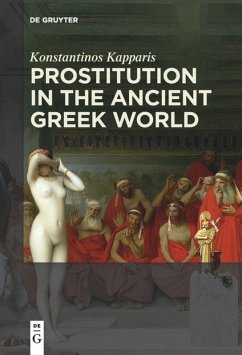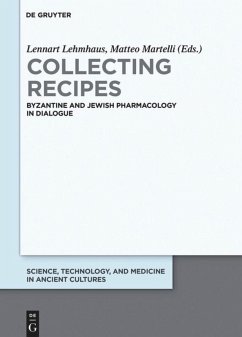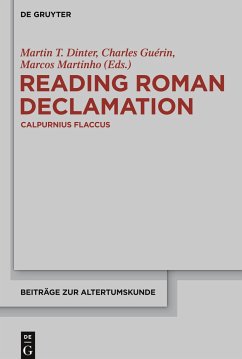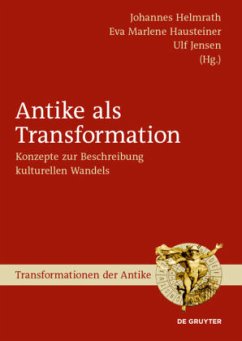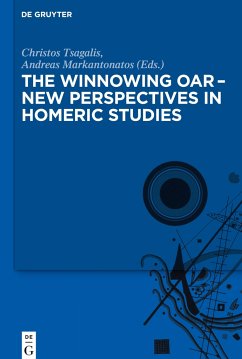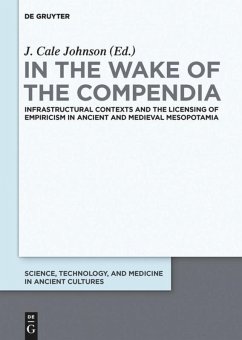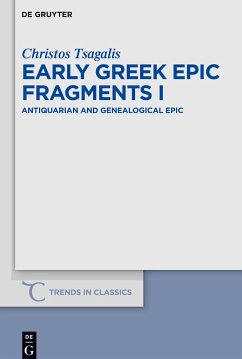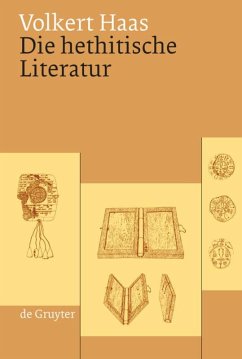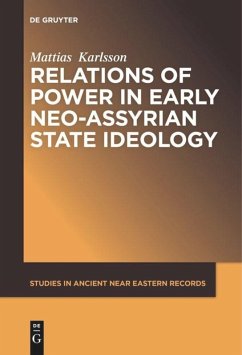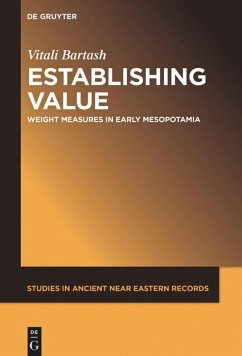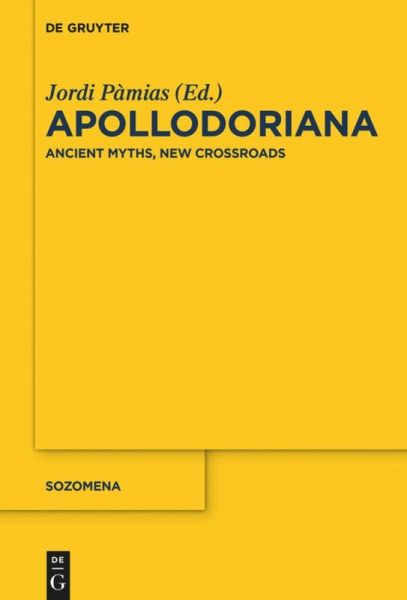
Apollodoriana
Ancient Myths, New Crossroads
Herausgegeben: Pàmias, Jordi
Versandkostenfrei!
Versandfertig in 6-10 Tagen
113,99 €
inkl. MwSt.

PAYBACK Punkte
57 °P sammeln!
A growing interest in myth over the last decades has brought to the fore the main mythographical manual that has came down to us from Antiquity: Apollodorus' Bibliotheca. A number of recent editions shows this trend, like the commented translations of Carrière & Massonie (1991) and Scarpi & Ciani (1996), the translations of Guidorizzi (1995), Brodersen (2004), Dräger (2005) and Smith & Trzaskoma (2007) or the critical text by Papathomopoulos (2010). The publication of the first two volumes (2010 and 2012) of Cuartero's massive critical and commented bilingual edition for the Fundació Bernat...
A growing interest in myth over the last decades has brought to the fore the main mythographical manual that has came down to us from Antiquity: Apollodorus' Bibliotheca. A number of recent editions shows this trend, like the commented translations of Carrière & Massonie (1991) and Scarpi & Ciani (1996), the translations of Guidorizzi (1995), Brodersen (2004), Dräger (2005) and Smith & Trzaskoma (2007) or the critical text by Papathomopoulos (2010). The publication of the first two volumes (2010 and 2012) of Cuartero's massive critical and commented bilingual edition for the Fundació Bernat Metge series seemed the occasion to address this text from innovative scholarly perspectives. The origins of the present volume lay in a colloquium held at the Universitat Autònoma de Barcelona in 2013. Despite its crucial interest for the scientific study of ancient myth, no conference devoted to this engaging text was held prior to that one. And, to this date, no monographic volume on Apollodorus' mythology exists either. To cover a broader scope of analysis, three further papers have been commissioned to other specialists. This collection of essays is meant to be a homage to Francesc J. Cuartero.



